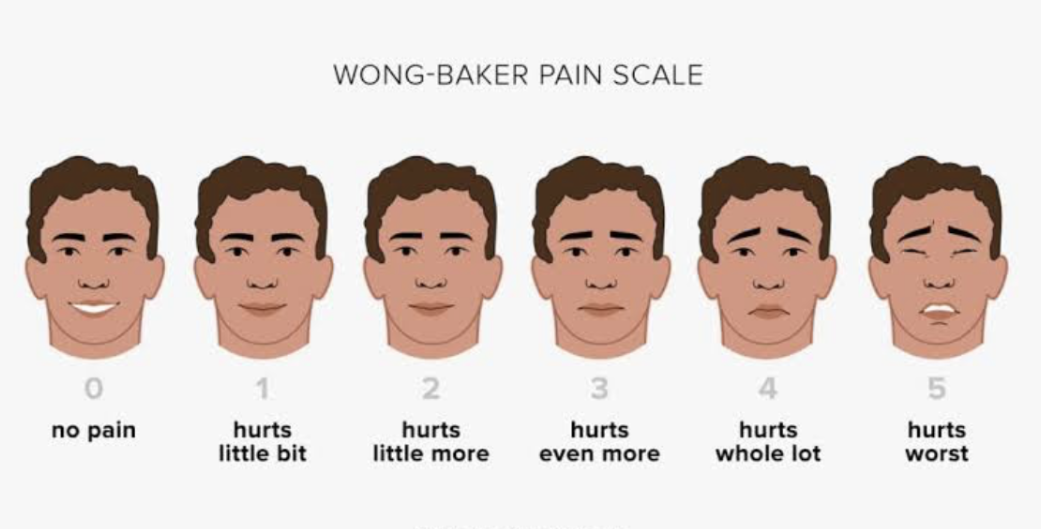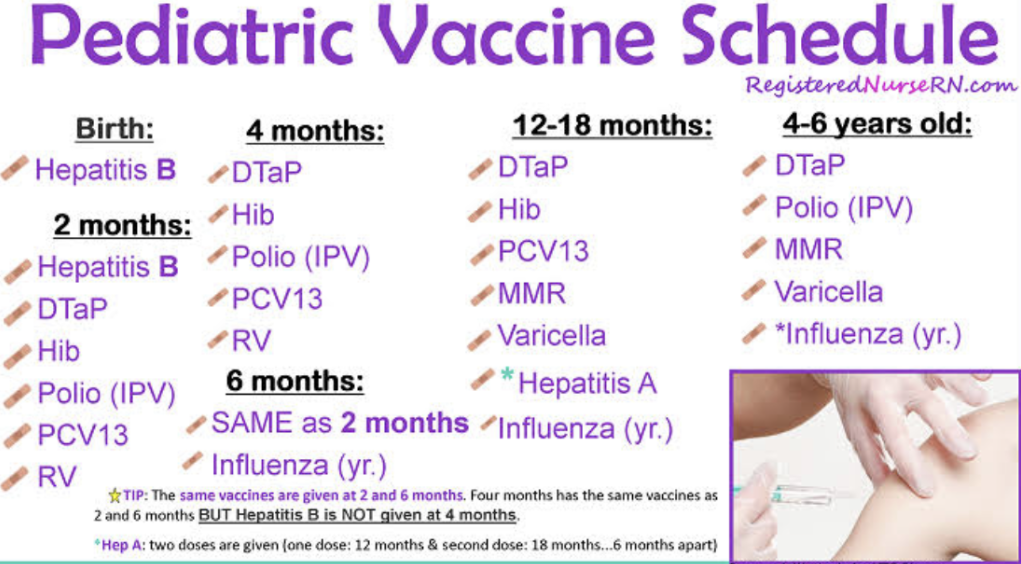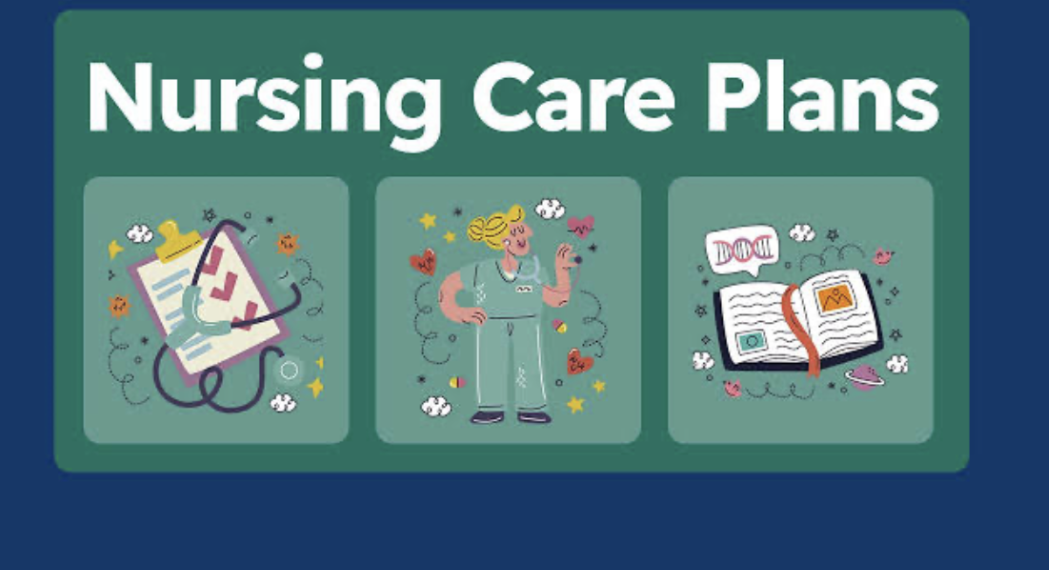CARING FOR PEDIATRIC PATIENTS WITH RESPIRATORY DISORDERS: NCLEX MUST-KNOW INTERVENTIONS.
Introduction Caring for children with respiratory disorders presents unique challenges for nurses. Pediatric patients are particularly vulnerable due to their developing respiratory systems and smaller airways. Effective nursing interventions are crucial to ensure optimal outcomes. This guide delves into essential interventions for common pediatric respiratory conditions, aligning with NCLEX standards. 1. Asthma Management Asthma is a prevalent chronic respiratory condition in children, characterized by airway inflammation and bronchoconstriction. • Assessment: Monitor for signs such as wheezing, coughing, shortness of breath, and chest tightness. Utilize peak flow meters to assess airway obstruction levels. • Interventions: • Administer bronchodilators (e.g., albuterol) and …
ASSESSING PEDIATRIC PAIN: TOOLS AND STRATEGIES FOR NURSES
Introduction Pain is an inevitable part of life, but when it comes to children, evaluating and managing pain can be particularly challenging. Unlike adults, children may struggle to articulate their discomfort, making it essential for nurses to employ effective assessment tools and strategies. Accurate pain assessment not only alleviates suffering but also prevents potential long-term psychological effects. This blog delves into the various tools and strategies nurses can utilize to assess pediatric pain effectively. Understanding the Challenges Children’s developmental stages significantly influence their ability to express pain. Infants rely solely on behavioral cues, while toddlers might use basic language, and …
IMMUNIZATION SCHEDULES: NCLEX TIPS FOR PEDIATRIC VACCINATION GUIDELINES
Introduction: Navigating the world of pediatric immunizations can feel like trying to assemble a jigsaw puzzle without the picture on the box. Yet, for nursing students gearing up for the NCLEX, mastering these schedules is crucial. Not only do they safeguard children’s health, but they also form a significant chunk of pediatric nursing care. Let’s dive into the essentials of pediatric vaccination guidelines, sprinkled with some NCLEX-specific tips to make your study sessions a tad more enjoyable. The Significance of Immunization Schedules: Think of immunization schedules as meticulously crafted blueprints. They’re designed to arm children with immunity at the most …
COMMON PEDIATRIC DISORDERS AND NURSING CARE PLANS
Caring for children with various health conditions requires a comprehensive understanding of common pediatric disorders and the development of effective nursing care plans. This article explores several prevalent pediatric disorders and outlines corresponding nursing care strategies to ensure optimal patient outcomes. 1. Attention Deficit Hyperactivity Disorder (ADHD) ADHD is a common neurodevelopmental disorder characterized by inattention, hyperactivity, and impulsivity. It often manifests in childhood and can persist into adulthood. Symptoms: • Difficulty sustaining attention • Hyperactivity • Impulsive behavior Nursing Care Plan: • Assessment: Monitor the child’s behavior patterns and academic performance. • Intervention: Educate parents and teachers about behavior …







